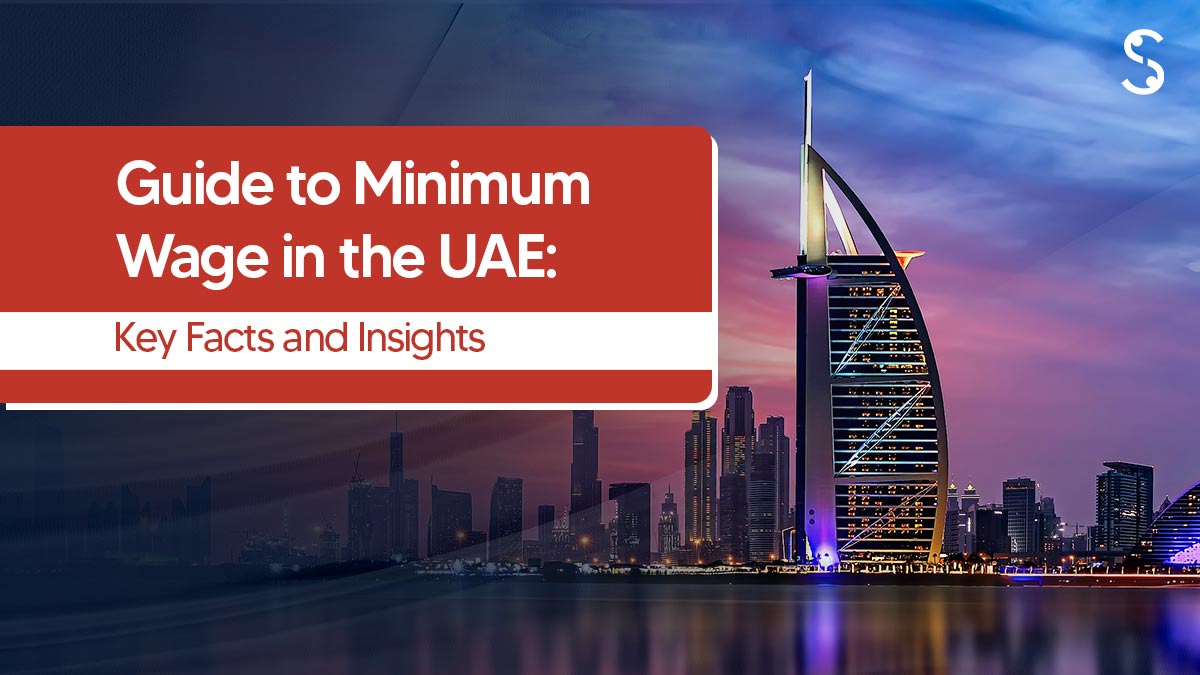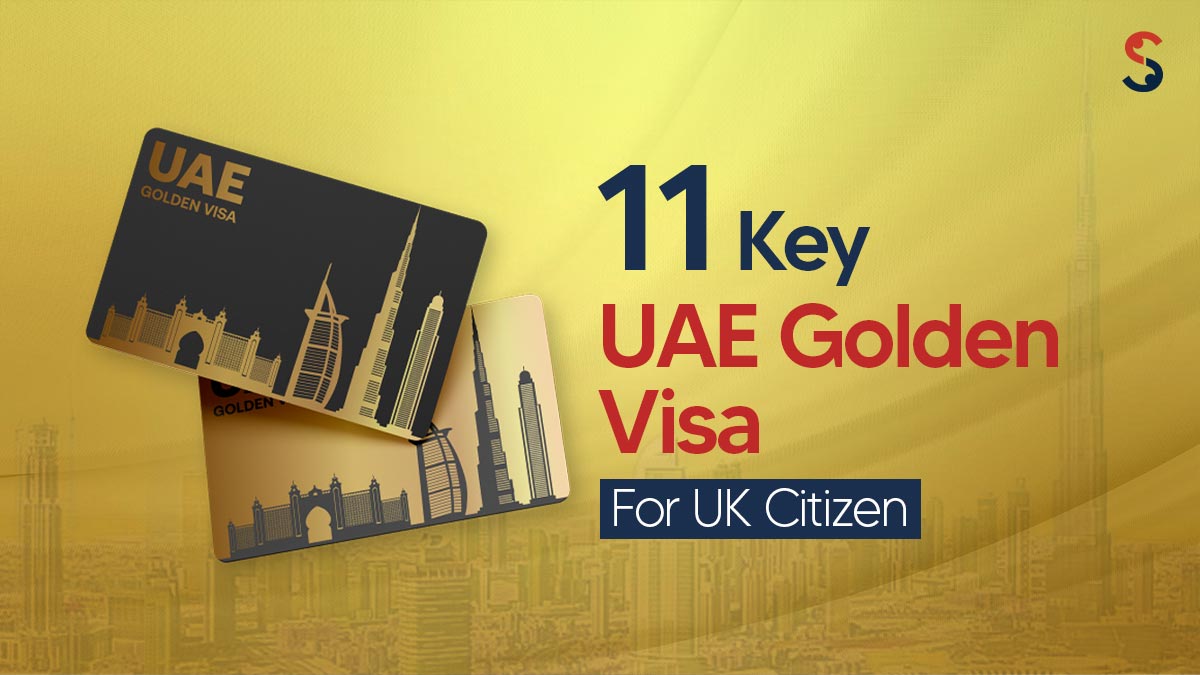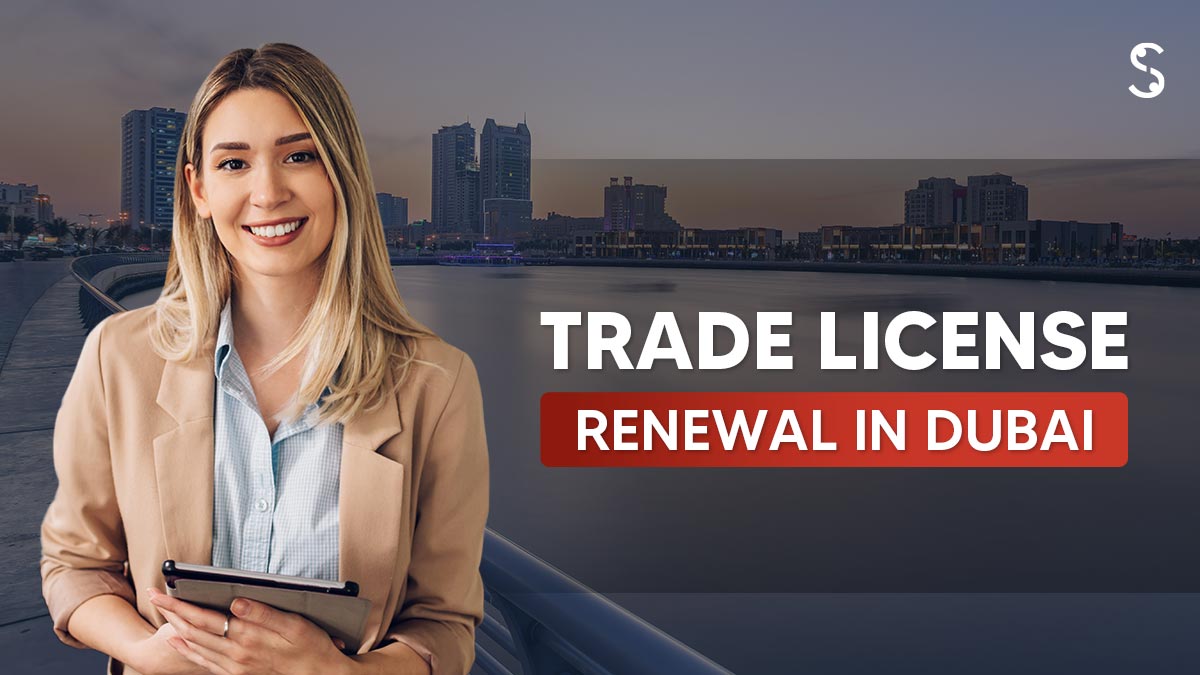Why UK Entrepreneurs Are Moving to Dubai?
Increasingly, UK entrepreneurs are relocating to Dubai to capitalise on better business opportunities, tax advantages, and a growing global market. Dubai offers a stable economy, strong infrastructure, and streamlined company formation processes, making it an ideal place to start or grow a business. With no personal income tax, low corporate tax rates, and access to […]











